When you pump $12.3 trillion (and counting) into an economy, things are going to inflate.
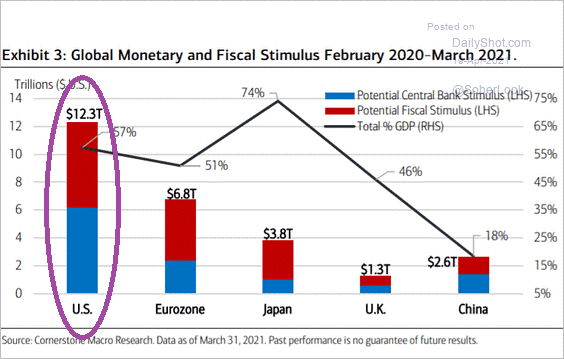
For example, commodities are going to be more expensive. Take a look at the vertical leap in prices for copper.
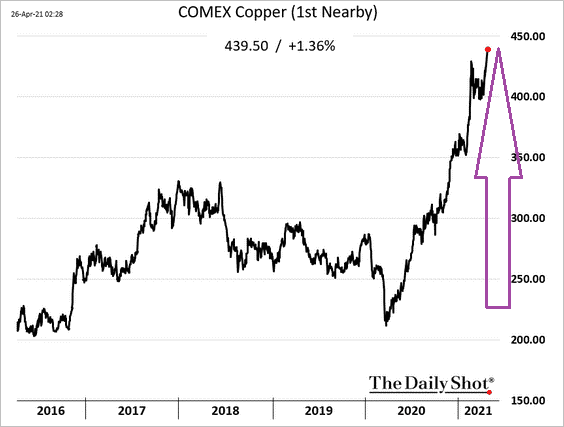
And lumber.
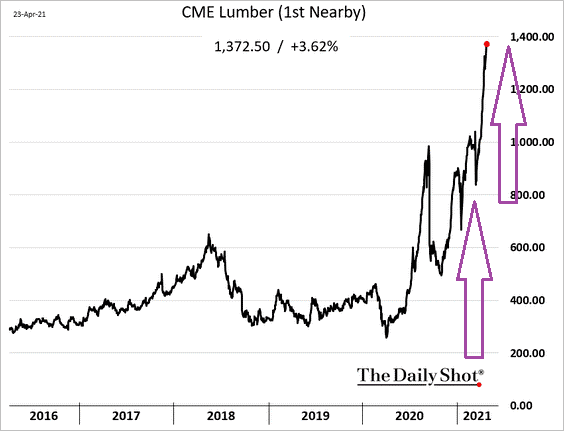
Home prices themselves become bubbly. Home prices have not been this out of whack with rent since the 2008 real estate catastrophe.
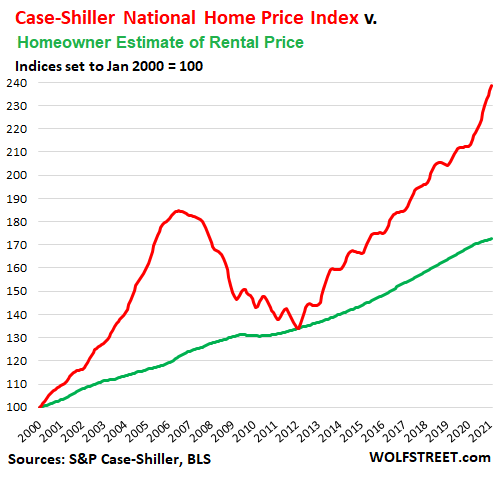
Indeed, when you drop dollars from the sky into people’s laps, and when you inject trillions of dollar credits into a financial system itself, the prices of everything increase dramatically. Stocks. Bonds. Real estate. Commodities. Collectibles. Cryptocurrencies.
Unfortunately, corporations may not be capable of earning enough in the way of profits to justify the prices that people are paying. Stock prices relative to corporate earnings per share have rarely been this far above average price-to-earnings (PE) ratios.
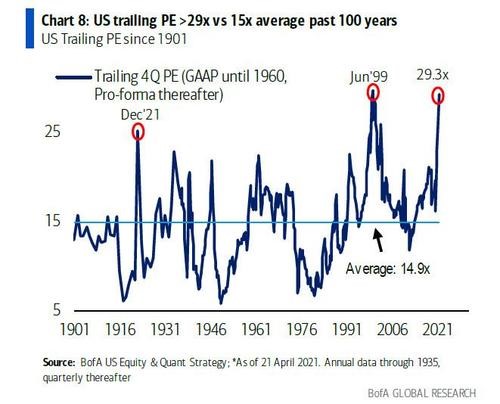
In fact, nearly every measure of stock valuation has catapulted into “never-have-we-ever” land.
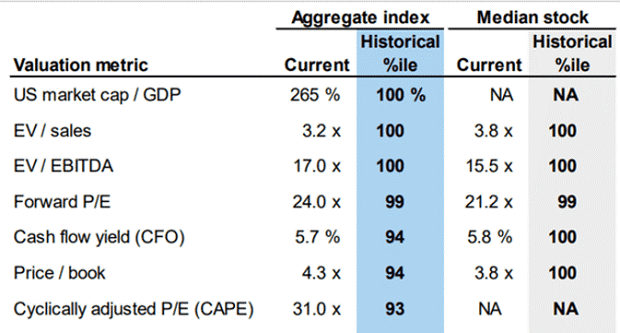
Many may wonder, “What’s wrong with record high stock, bond and real estate prices?” After all, doesn’t this imply that people are wealthier than ever?
The problem is that the asset price inflation is not sustainable. Bubbles are not sustainable. And, eventually, all bubbles pop.
Regardless of the catalyst, prices are destined to implode. Perhaps sooner than later. Sadly, if the collapse were to occur soon, it would happen at a time when households are overexposed to stocks.
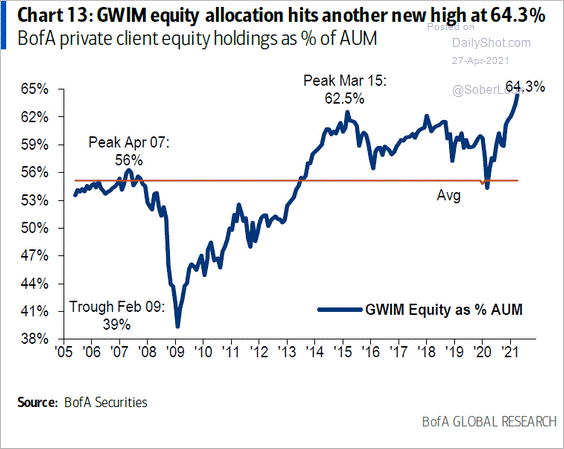
Keep in mind, the last time earnings yields (E/P) were as low as they are today, the 2000 tech bubble exploded. Nasdaq 100 investors watched portfolios lose 80% in value.
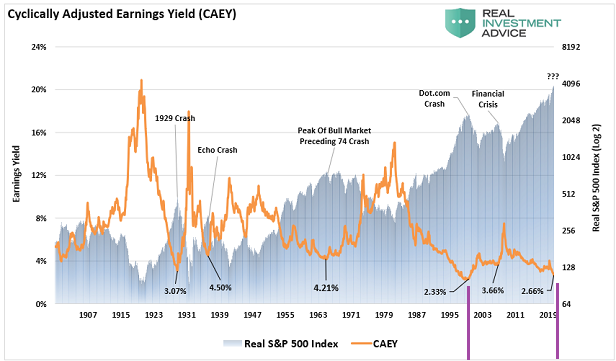
Not surprisingly, then, some folks are ready to pounce. Short seller interest has risen to levels not seen in a number of years.
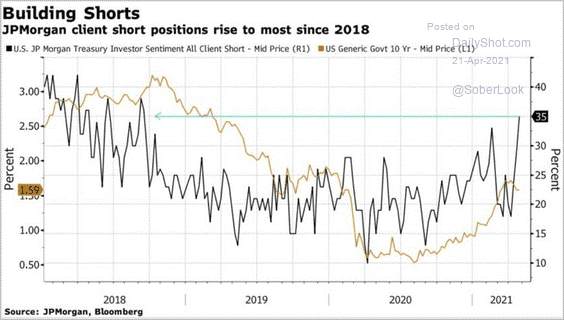
Would you like to receive our weekly newsletter on the stock bubble? Click here.
